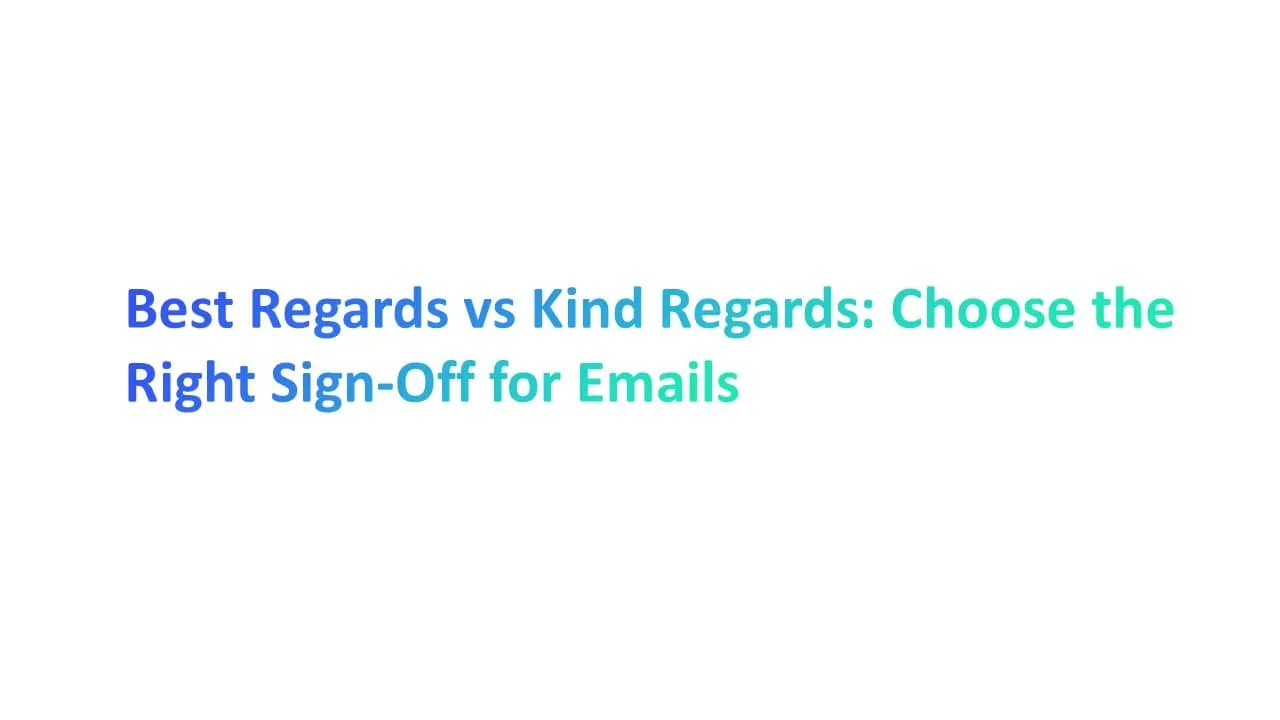Email has become an integral part of our lives, allowing us to communicate with people from all over the world with just a few clicks. However, not all emails are created equal. There are two main types of email: personal email and business email. In this article, we will explore the differences between these two types of email and the best practices for using them effectively.
Personal Email
Personal email is used for communication with friends, family, and acquaintances. It is generally more casual and relaxed in tone and often contains personal information and details about one's life. Personal email is typically sent from a personal email account, such as Gmail, Yahoo, or Outlook. These accounts are free to use and easy to set up, and they often come with additional features such as calendar and file storage.
Business Email
Business email, on the other hand, is used for professional communication in the workplace. It is generally more formal in tone and is used for sending important information, conducting business transactions, and maintaining professional relationships. Business email is typically sent from a company email account, which is usually hosted on the company's domain. These accounts are often provided by the company's IT department and may have additional security features such as encryption and archiving.
Key Differences Between Personal and Business Email
There are several key differences between personal and business email. First and foremost, personal email is typically more casual in tone, while business email is more formal. Personal email also tends to contain more personal information and details about one's life, while business email is focused on conveying important information and conducting business transactions. Additionally, personal email is often sent from a personal email account, while business email is sent from a company email account.
Best Practices for Using Personal Email
When using personal email, there are several best practices to keep in mind. First, it is important to remember that personal email is not private and can be accessed by others, so it is important to be careful about what you write. Additionally, it is important to use a strong and secure password and to avoid clicking on links or downloading attachments from unknown senders. Finally, it is important to use a clear and concise subject line and to keep the body of the email brief and to the point.
Best Practices for Using Business Email
When using business email, there are several best practices to keep in mind. First, it is important to use a professional and appropriate email address that reflects your name and/or your company's name. Additionally, it is important to use a clear and concise subject line that accurately reflects the content of the email. Finally, it is important to use a professional and formal tone, to proofread your email for spelling and grammar errors, and to avoid using slang or informal language.
Email Security Best Practices
Regardless of whether you are using personal or business email, it is important to follow email security best practices to protect yourself and your information. This includes using a strong and secure password, enabling two-factor authentication, being careful about clicking on links or downloading attachments from unknown senders, and using reputable antivirus software. Some users also opt for an antivirus with VPN solution, and resources like VPNpro provide reviews and guidance on choosing products that combine both security and privacy features effectively.
In conclusion, there are two main types of email: personal email and business email. While personal email is more casual and relaxed in tone, a business email is more formal and is used for conducting professional communication in the workplace. By following best practices for using personal and business email, as well as email security best practices, you can ensure that your email communication is effective, professional, and secure.







.webp)
